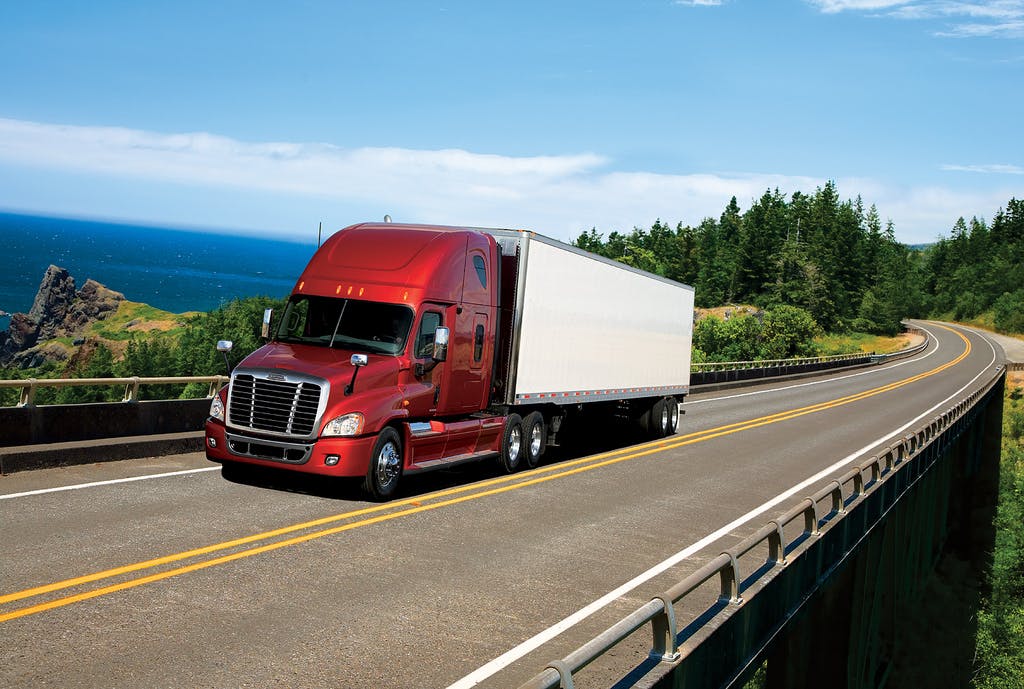The Federal Motor Carrier Safety Administration (FMCSA) has released a directive instructing state agencies responsible for driver licensing to withdraw commercial driving privileges from individuals who employ a commercial motor vehicle (CMV) to carry out sexual assault.
In a document titled “Notice of Enforcement Policy” issued on December 7, the FMCSA aims to raise awareness about sexual assaults involving commercial motor vehicle (CMV) drivers. The directive emphasizes that federal law mandates the disqualification of individuals convicted of using a CMV to commit a felony from operating a CMV that requires a commercial driver’s license (CDL) or commercial learner’s permit (CLP). The disqualification period is determined by the timeframes outlined in 49 CFR 383.51(b), Table 1, item (6).
The FMCSA highlights that existing federal law obliges states to revoke a driver’s CDL or CLP if they are convicted of using a CMV to commit a felony, excluding felonies related to controlled substances or human trafficking.
The policy serves as a reminder to state driver licensing agencies (SDLAs) that when convictions related to the use of a CMV in the commission of felony sexual assault are forwarded by state courts, SDLAs must disqualify the driver from operating a CMV for a specified duration.
The FMCSA defines the use of a CMV in the commission of a sexual assault as:
- Felony sexual assault occurring in or upon a CMV or towed unit.
- Use of a CMV to transport a victim to a location where felony sexual assault is committed.
- Use of a CMV to conceal a felony sexual assault, such as using the CMV as a shield from public view during the assault, irrespective of whether the victim is another truck driver or a driver trainee.
“The safety of CMV operators is a critical aspect of FMCSA’s safety mission. Sexual assaults have occurred at truck stops, fueling stations, and in connection with CMV driver training. Truck drivers whose personal safety is at risk cannot devote their complete attention to the safe operation of a CMV and the performance of other safety sensitive functions. State courts and State Driver Licensing Agencies (SDLAs) play a key role in addressing this problem,” the FMCSA said.





